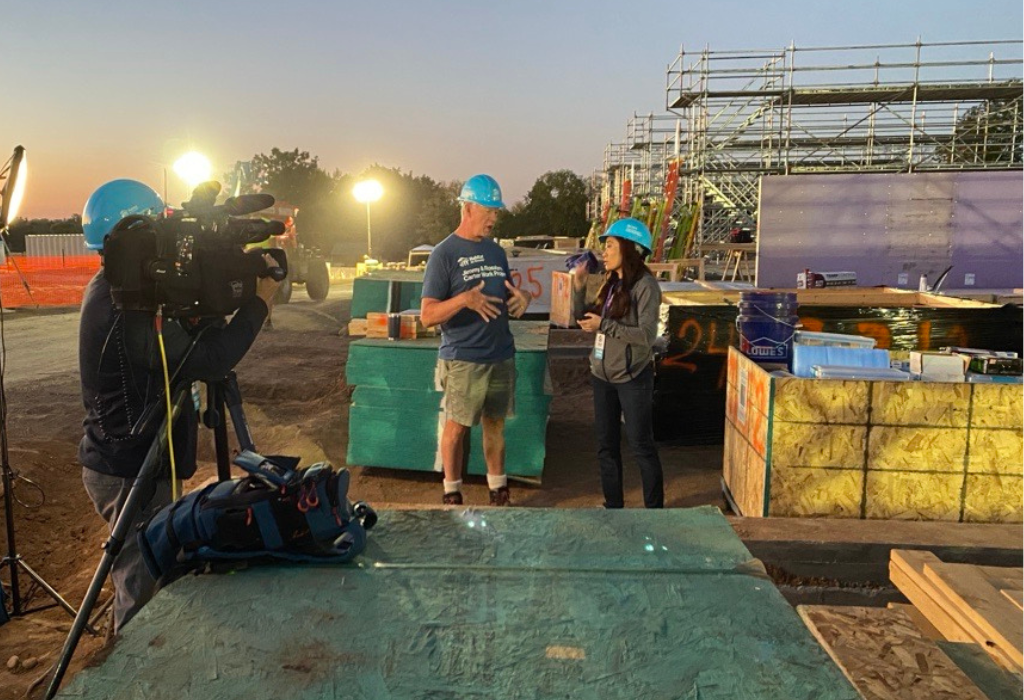We’ve all seen the hiccups and blunders of good interviews gone bad on local and national news and on social media (or witnessed in real time!), capturing infamous moments which could live on in cultural lore for decades. There are the accidental swearing clips, the “I didn’t know my mic was on” shots and moments in which we feel terrible laughing but simply can’t help ourselves.
While most interviews don’t go off the rails dramatically enough to go viral, media moments matter and because our digital footprints last for all eternity, it’s more important than ever to be prepared. Media training offers skills, strategies and confidence for those media moments, strengthening messaging for a positive and powerful interview. So, what does media training look like?
At Bellmont Partners, we have decades of experience on and off camera as both spokespeople and journalists and prepping clients for interviews across a vast array of scenarios. Crisis communications, change management, employee announcements, product launches and promoting events – we’ve seen it all. We’ve also seen the difference and positive effects media prep has had on our clients. If you’re not sure whether media training makes sense for you or your C‑suite, here are five benefits to consider:
- Powerful, effective and efficient message delivery: It’s critical to prioritize the key messages you want to communicate, and practice efficient responses to maximize clarity in delivering those key messages.
- Techniques to stay on message: Reporters and audiences are curious people and it’s easy for a conversation to wander from core content into areas that might require more time or context. Stay focused on the messages and don’t be afraid to guide the conversation back if it gets off track. Practice techniques like bridging to stay focused on the messages.
- Preparation and practice: While we may have the perfect answer in our head, translating those thoughts into words in a high-pressure situation can be extremely challenging. Practicing a wide range of questions you may be asked in a media interview (even the ones you do not want to answer!) ahead of time can build muscle memory and help ease the panic of an unexpected or tough question in the moment.
- It’s not just what you say: “What do I do with my hands?” Media preparation includes not just what you say, but also talking through hand gestures, facial expressions, body movements and wardrobe to help send the right message and match the tone of a media scenario.
- Confidence: Preparation leaves you feeling ready and confident. Exuding confidence allows you to focus on the message, building credibility and establishing trust with the audience. Remember: You’re the expert and you want to do as much as you can ahead of an interview to make it easy for your messages to connect.
These benefits stretch beyond the immediacy of an upcoming interview. A solid media preparation session can help you carry the lessons into both internal and external meetings, interactions with prospective clients and customers and in everyday conversations.
If you’re interested in learning more about media training for you or your organization, we would love to talk with you. Reach out to us at info@bellmontpartners.com.

